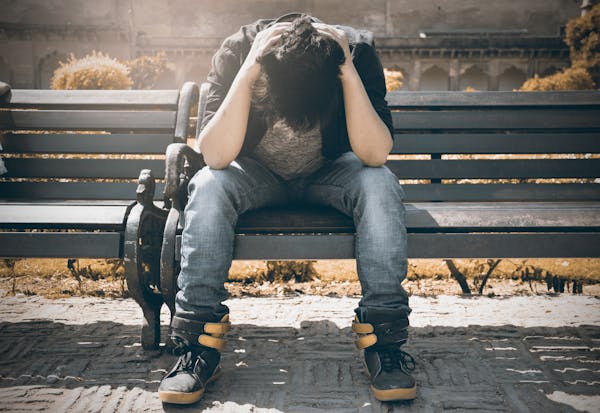

When there is a small period of time that the brain does not function in a normal way, the result is called a seizure. The therapy called electroconvulsive or ECT is actually a shock wave caused by electricity that is sent to the brain that creates a seizure. When this happens a flush of chemicals is sent into the brain.
The chemicals that are released are known as neurotransmitters and their function in the brain is to carry communications from cell to cell. These are necessary to ensure that the brain is functioning normally. The temperament of the person is greatly helped by these communications.
How is Electroconvulsive Therapy Helpful?
There are many kinds of health issues that benefit from electroconvulsive therapy. Individuals who suffer from schizophrenia can be helped when medicine is not working for them. When persons taking antidepressants for intense cases of depression are not responding, or those who simply are not able to take an antidepressant medication can find relief from ETC treatment.
Really difficult emotional issues like guilt and feelings of being hopeless or tendencies toward harming or killing yourself or someone else can benefit from ETC. Other instances can be those who have impulsive behaviors, sleeplessness, or weight loss caused by extreme mania that is not being helped by medication can be a candidate for ETC.
Method of Treatment
In order to have the treatment performed it must be done in a hospital. This is a test that needs to be given up to four times per week, but probably will not be needed more than a dozen times. The health care specialist will administer the testing and it should be effective in relieving the negative effects of depression.
During the test, the patient is given an anesthetic intravenously to put them into sleep mode and a medicine for relaxing muscles. Vital signs will be monitored carefully. Once asleep an electrical shock is sent to the head. This is a duration of about two seconds and will be sufficient to give the brain a seizure. The body remains motionless because of medications.
After about ten minutes the patient is awake and watched carefully in recovery. After the patient is completely awake, all normal activities can resume and the patient goes home.
When all the treatments are concluded, there should be no depression and the physician will most likely prescribe an antidepressant medication. It will be important to take this medication as directed and make sure not to miss any doses to prevent a return of the depression.








